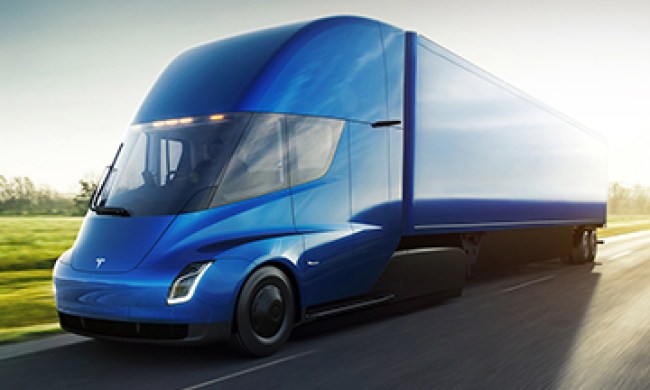Tesla can get back to work on the construction of its first European Gigafactory where it is expected to produce its Model 3 and upcoming Model Y vehicles, as well as batteries to power them.
Preparation work at the 92-hectare site in Brandenburg, Germany, was suspended earlier this month while judges made a final decision on a complaint brought by local environmentalist group Gruene Liga Brandenburg (Green League of Brandenburg).
On Thursday, the court rejected protesters’ efforts to prevent more trees from being cut down to make space for the factory, giving Tesla the green light to resume construction work at the site about 20 miles (32 km) south-east of central Berlin, Reuters reported on Thursday, February 20.
German lawmakers had reportedly been taken aback by the level of protest against the building of Tesla’s Gigafactory and feared that such demonstrations could discourage other overseas companies from investing in the country.
The activists claim the Gigafactory could have an adverse effect on the surrounding wildlife and also drain the area’s local water reserves. The electric-car company considered various locations for its first Gigafactory in Europe before Tesla CEO Elon Musk announced in November 2019 that Germany would be the best fit.
“Everyone knows that German engineering is outstanding, for sure — that’s part of the reason why we are locating our Gigafactory Europe in Germany,” Musk said at the time, adding, “We are also going to create an engineering and design center in Berlin because Berlin has some of the best art in the world.”
Tesla currently has three Gigafactory factories in operation — two in the U.S. and one in Shanghai, China. The German factory is expected to begin producing cars and batteries in the summer of 2021.
Just days after the company celebrated the delivery of its first batch of Shanghai-assembled Model 3 vehicles to customers in China at the end of 2019, the site was forced to temporarily close its doors, together with other companies in the city, as part of a slew of measures aimed at slowing the spread of the coronavirus, officially called Covid-19.
We’ve reached out to Tesla for comment on this week’s decision by the German court and will update when we hear back.


